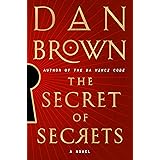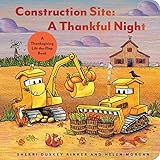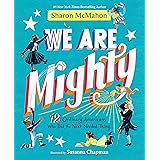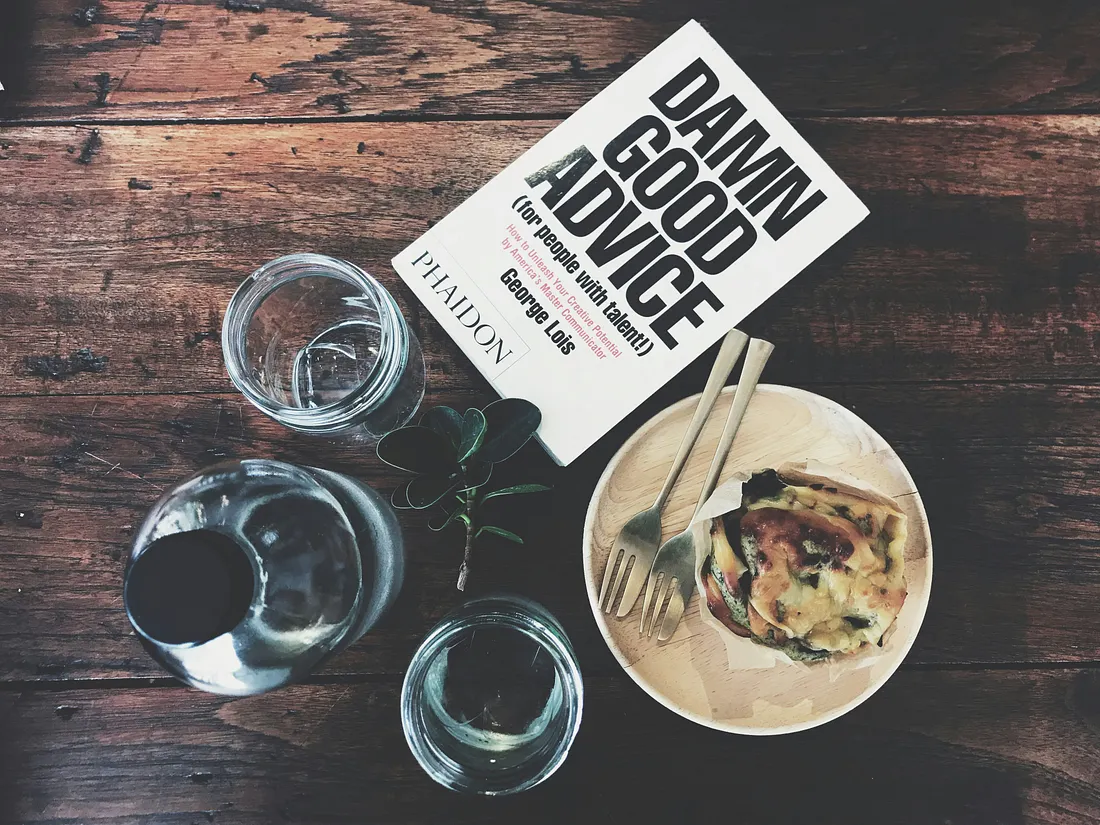“Why Scientists Say Your Mind Might Be More Painful Than Electric Shock: Discover the Shocking Truth!”
Ever found yourself staring at a blank page, willing words to magically appear? You’re not alone—many writers confront this perplexing paralysis quite often. It’s as if our minds are waging a war against the very idea of deep thinking! I mean, it’s almost comical, isn’t it? Instead of delving into the vast ocean of our imagination, we shy away, opting for distractions as familiar as our morning coffee. But as we’ll explore in this article, avoiding that creative struggle often leads us to overlook the most significant ideas simmering just beneath the surface. Stick around as we dive into the fascinating intersection of creativity and cognitive avoidance—and challenge ourselves to consider what might be lurking in the shadows of our minds if we dare to think deeply! LEARN MORE

If you’re out of ideas, you’re deliberately avoiding what’s most important
The primary job of a writer isn’t to put words on a page. If this was the case, generative AI would have instantly made us obsolete.
More than anything, your job is to think. And yet, so many of us go to extreme lengths to avoid the very activity that makes us uniquely human.
In a 2014 study published in Science, a team of psychologists instructed participants to sit in a room for fifteen minutes and do nothing but think. The rooms varied in their furnishings — some offered positive distractions like attractive photographs, while others contained negative stimuli, such as a device for self-administering electric shocks.
Unsurprisingly, participants struggled to resist reading a book or playing with their phones. But an unsettling majority chose to self-administer shocks just to avoid enduring the solitude of unstructured thinking.
Even more surprisingly, the group that reported feeling the worst was the one with no distractions. These participants experienced restlessness and anxiety, having no option but to endure solitary reflection. They would have preferred anything — even something negative — to…

















